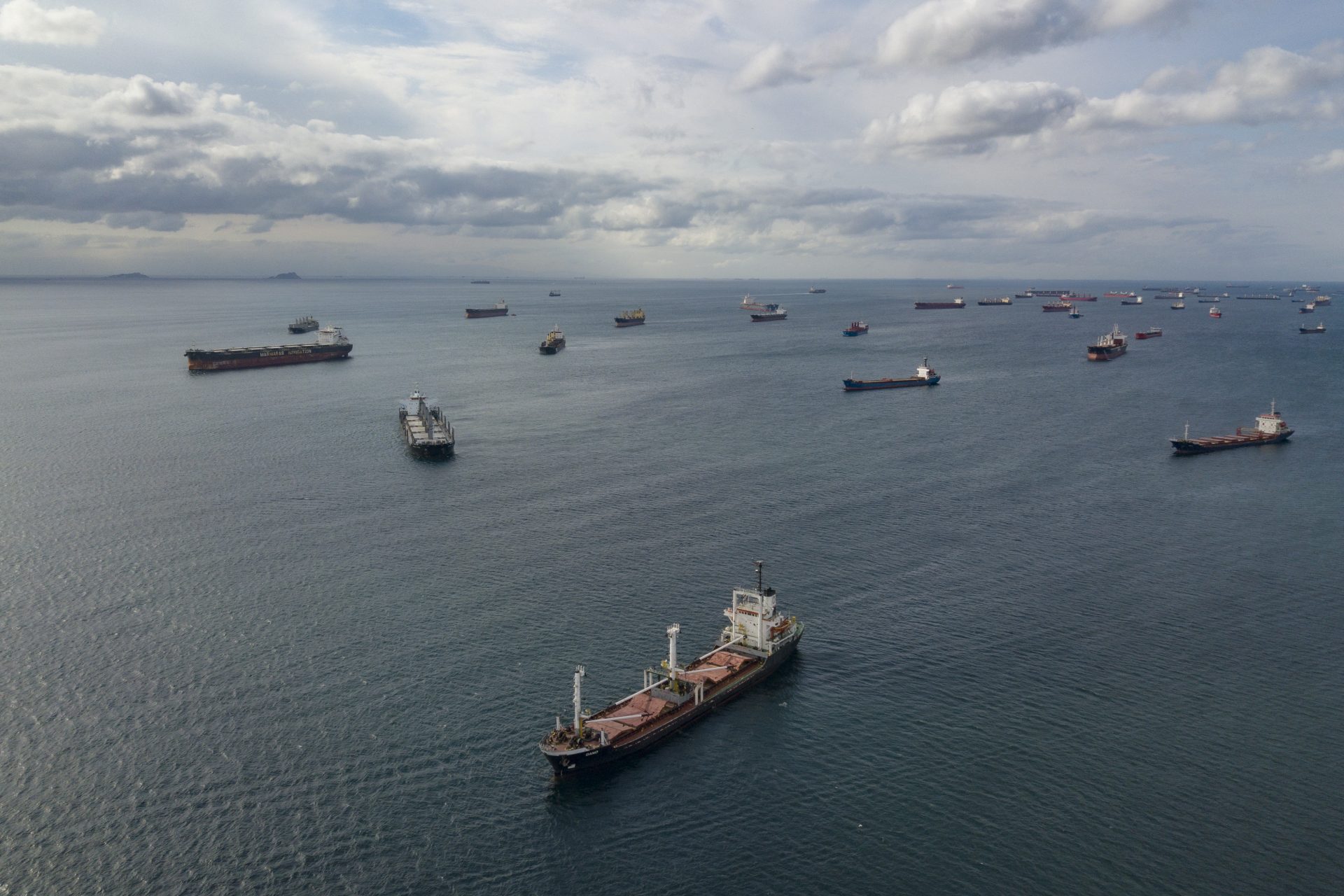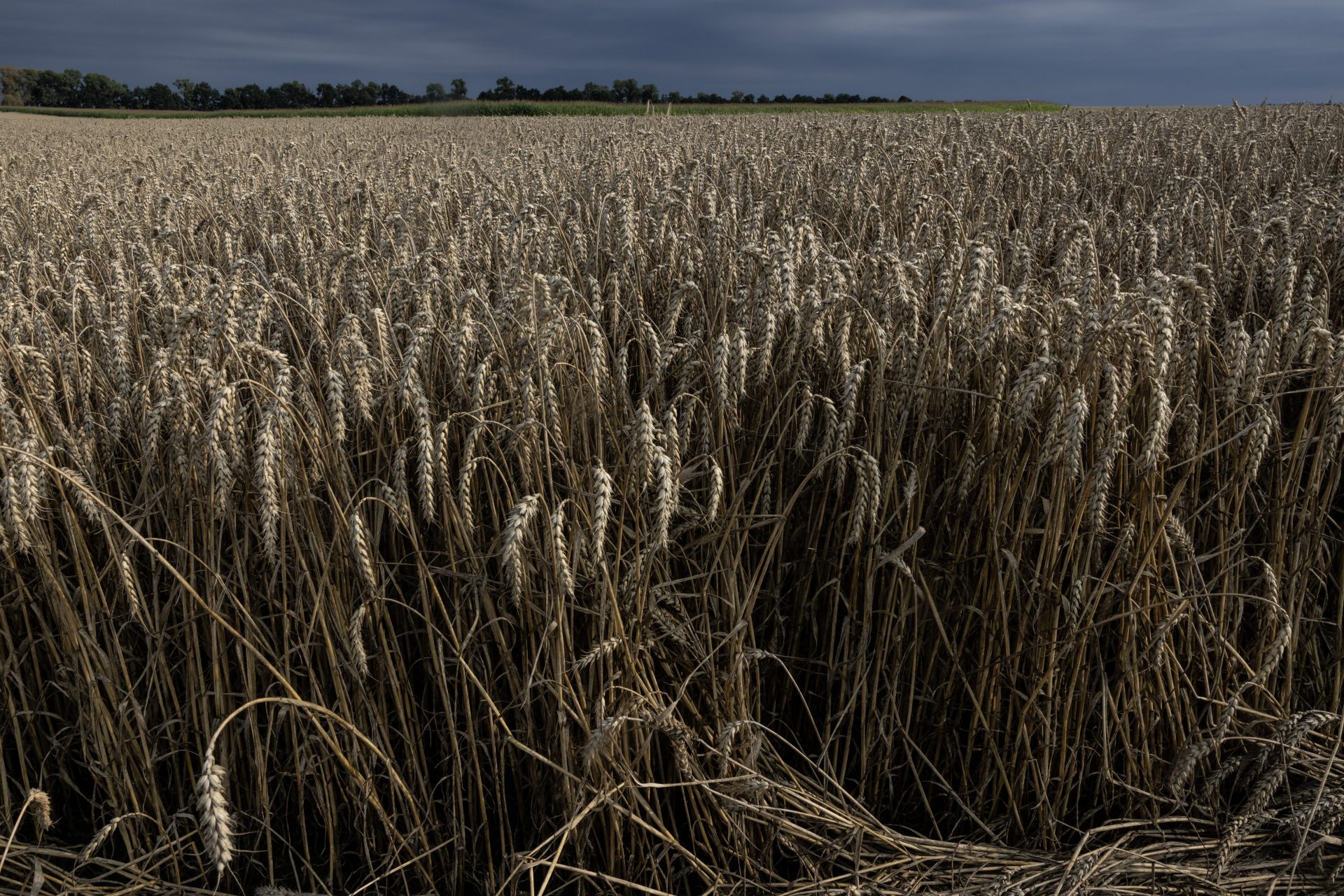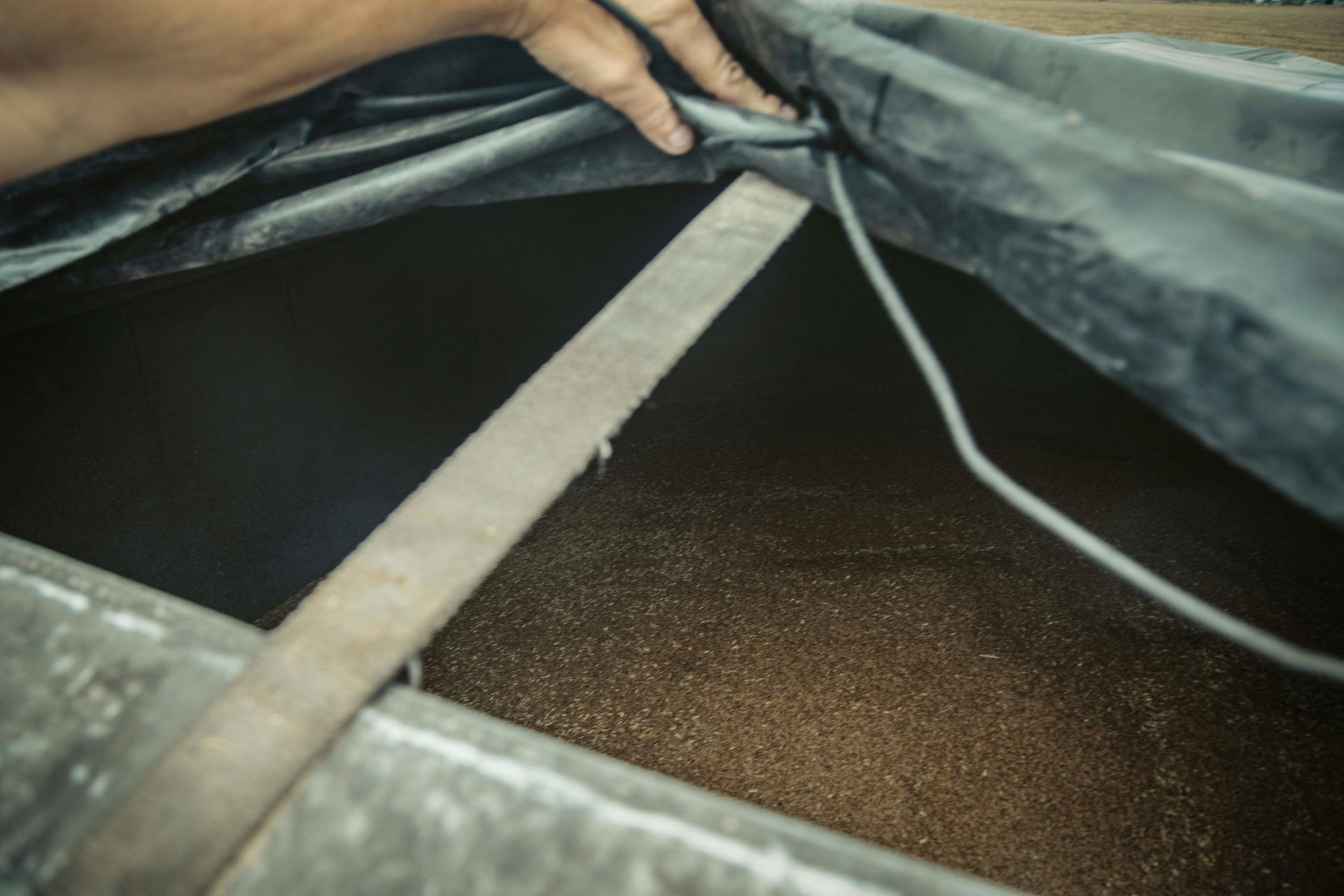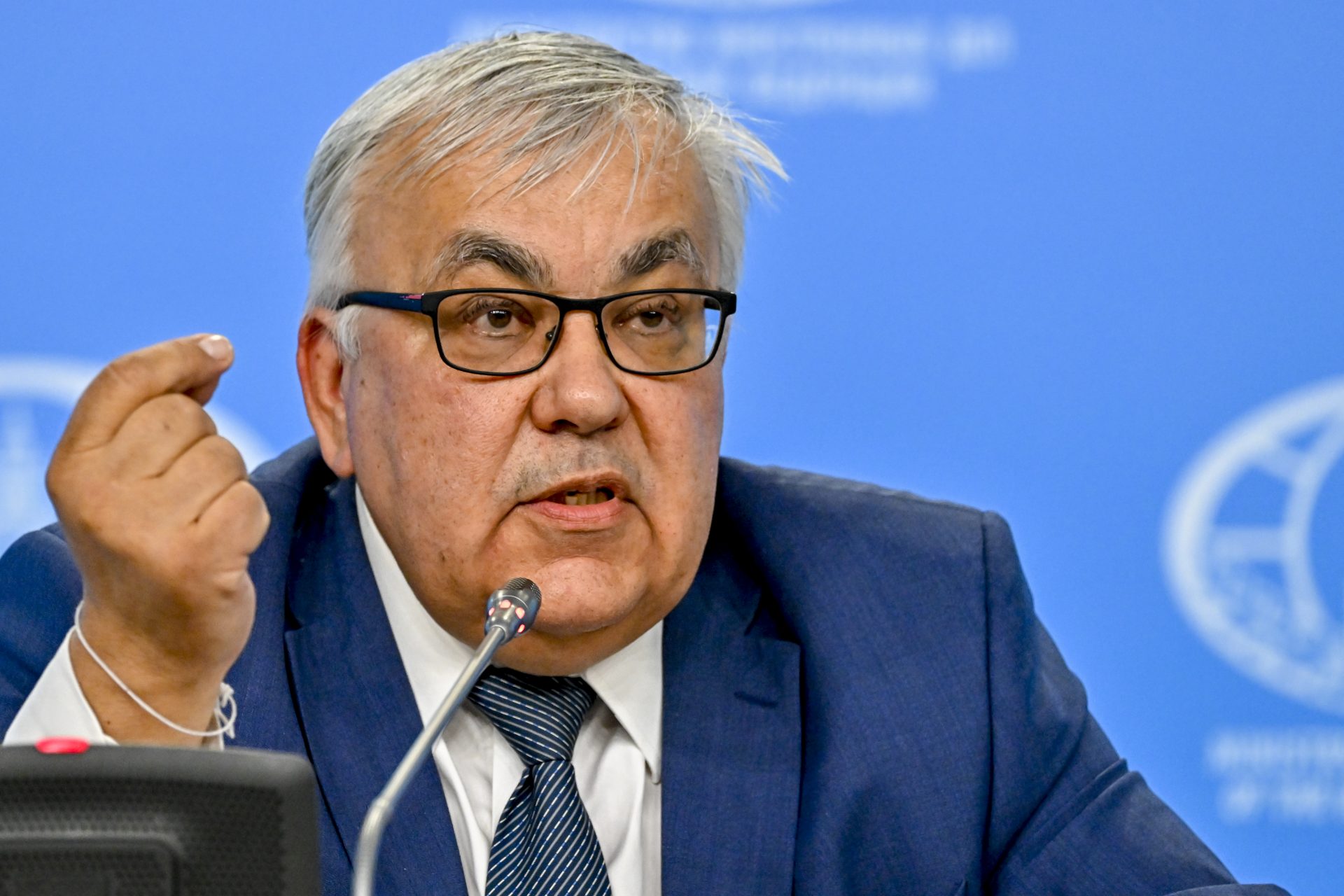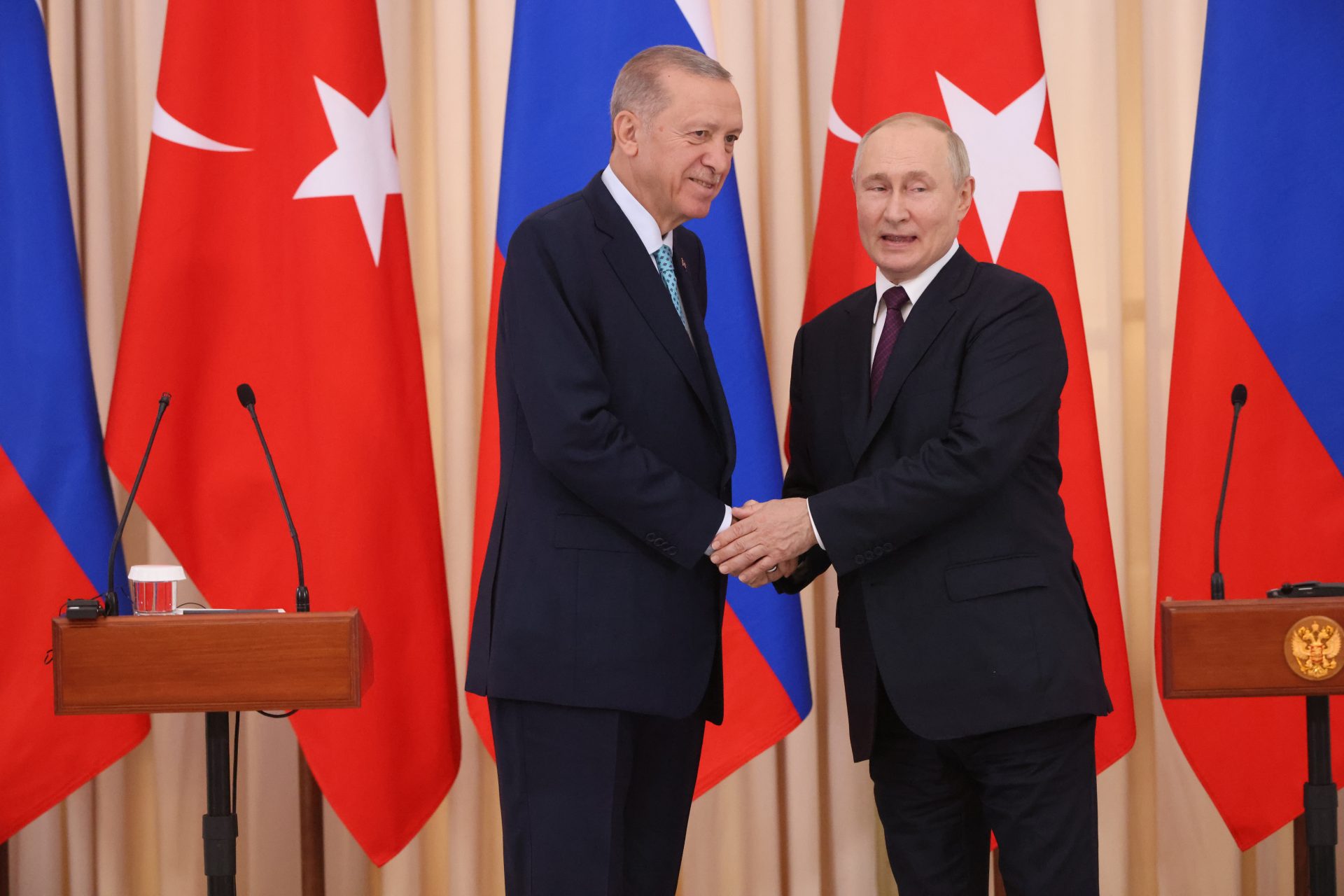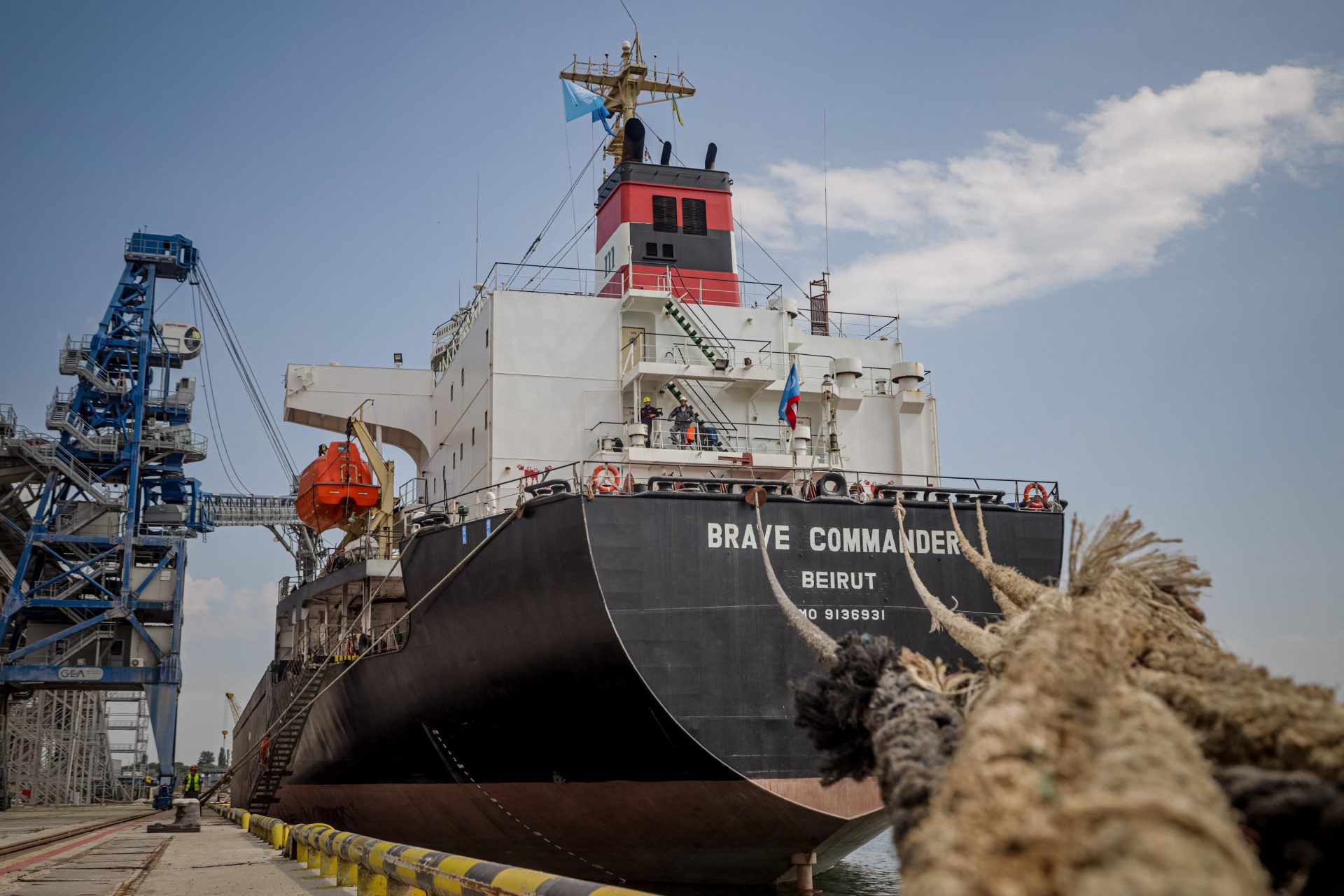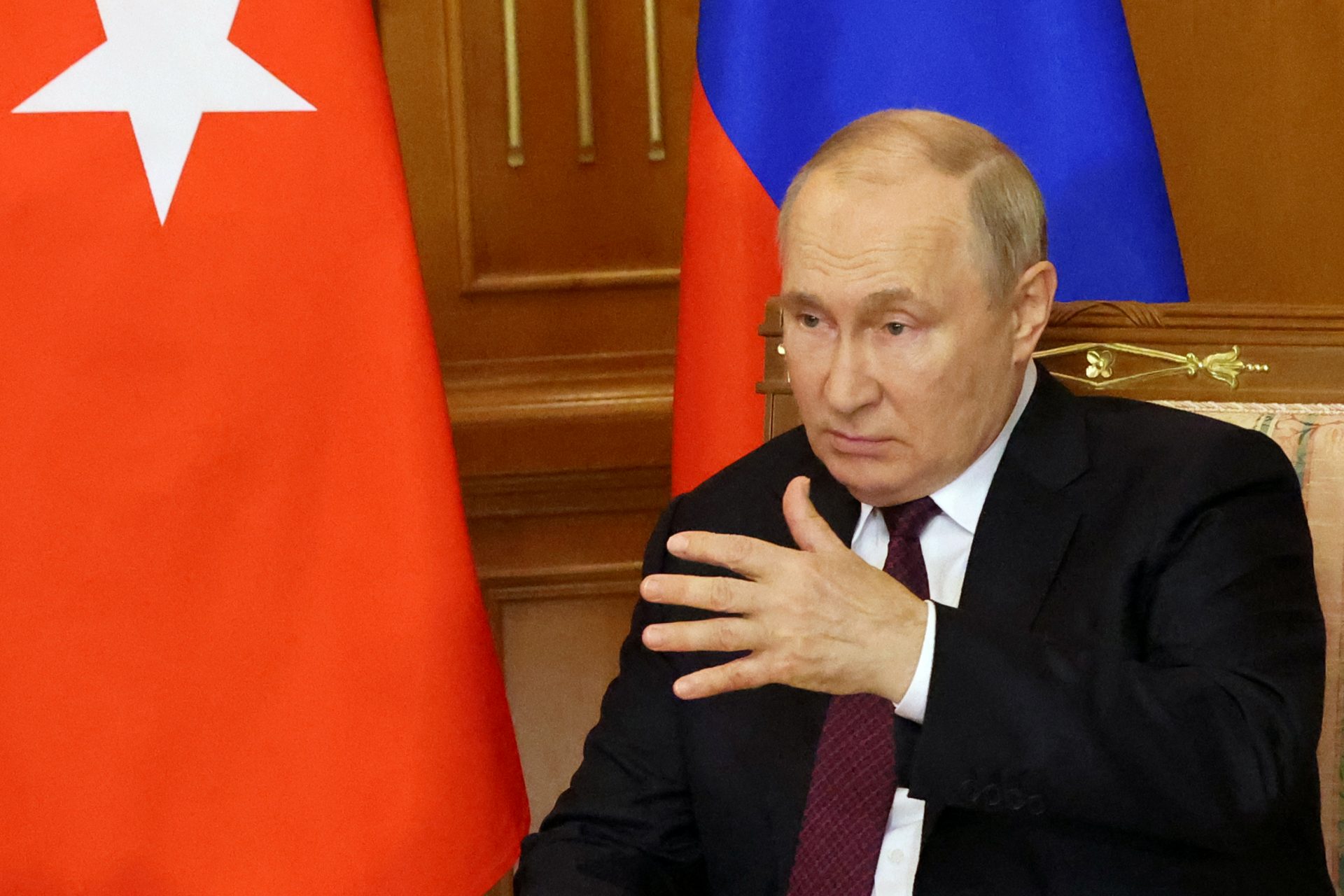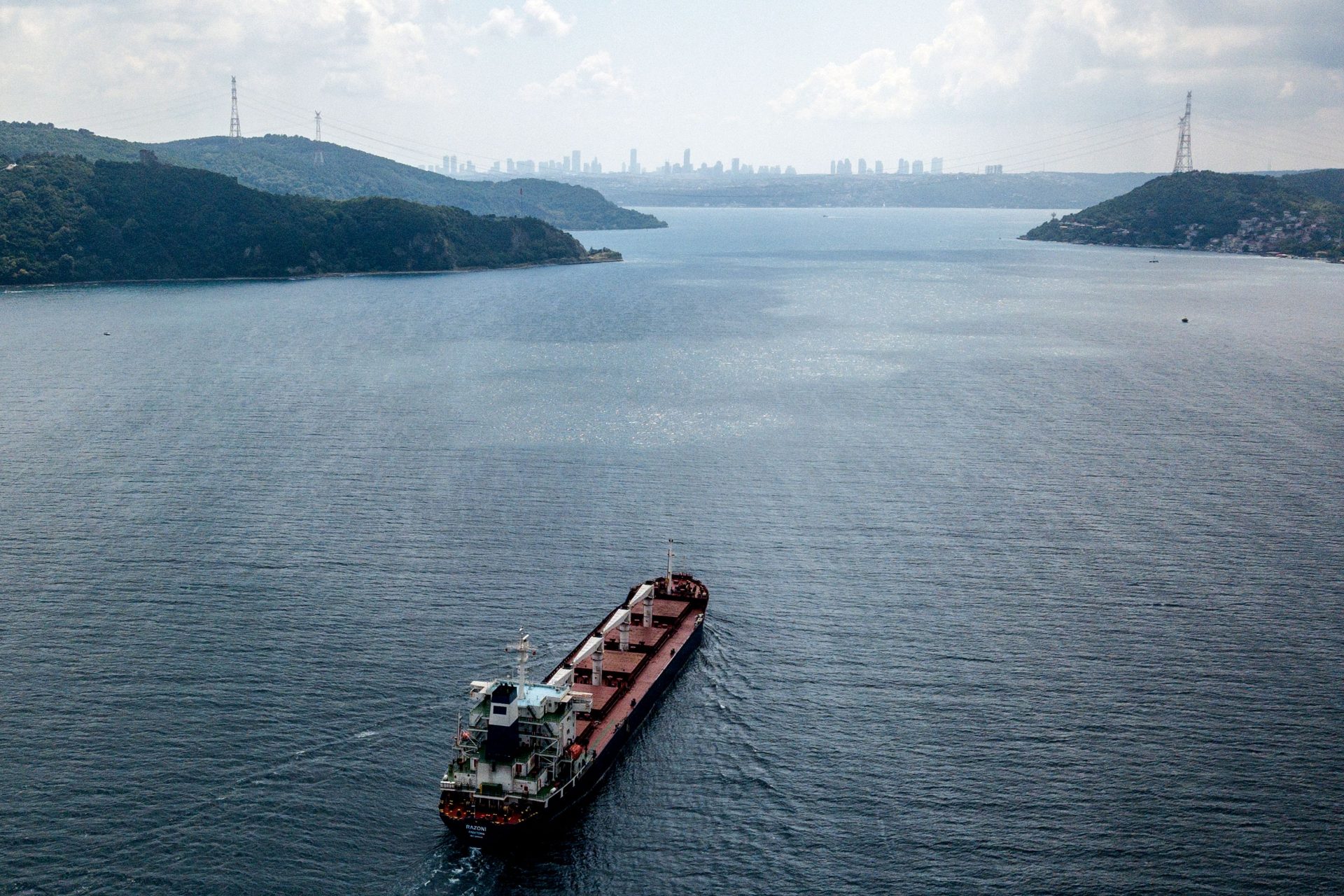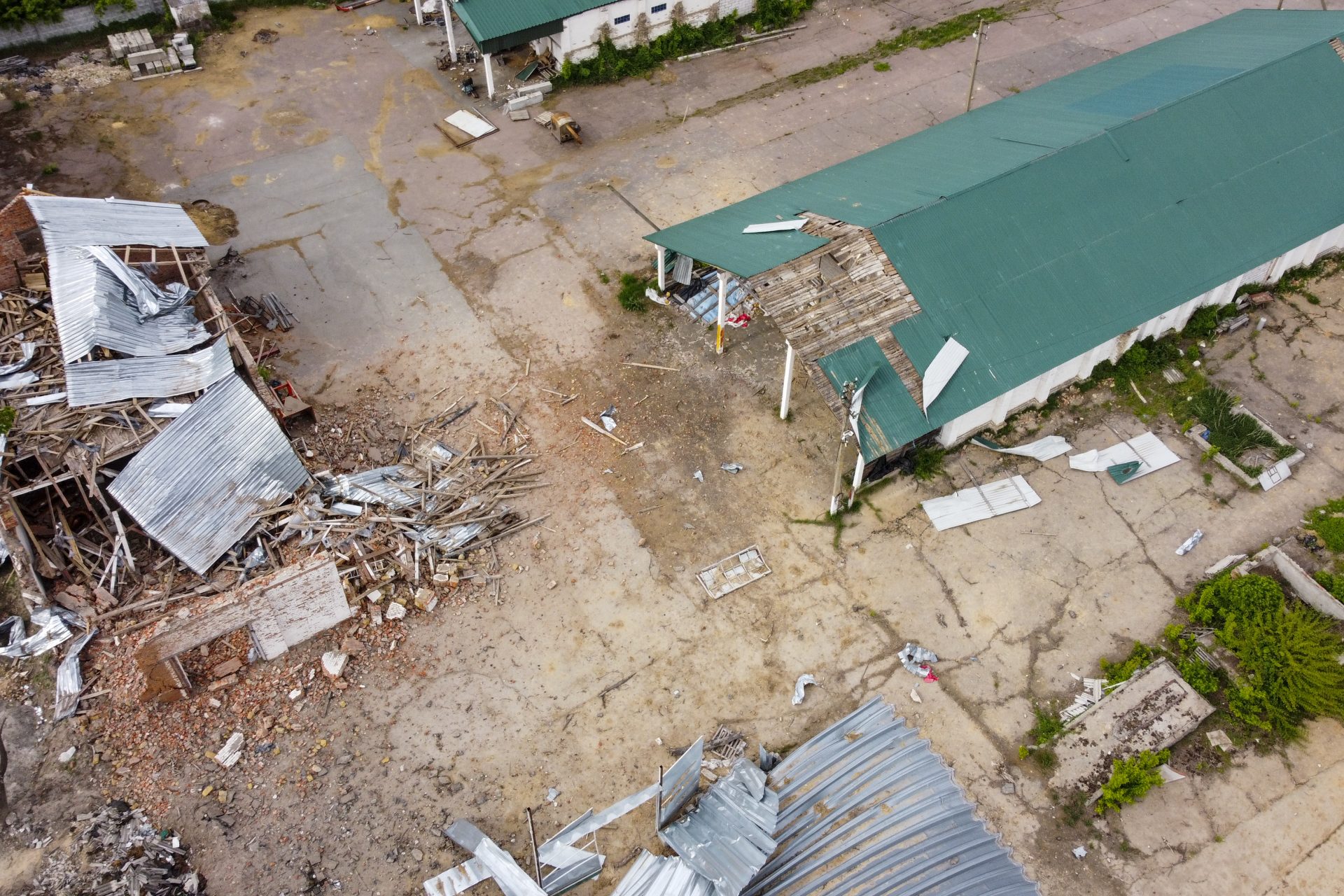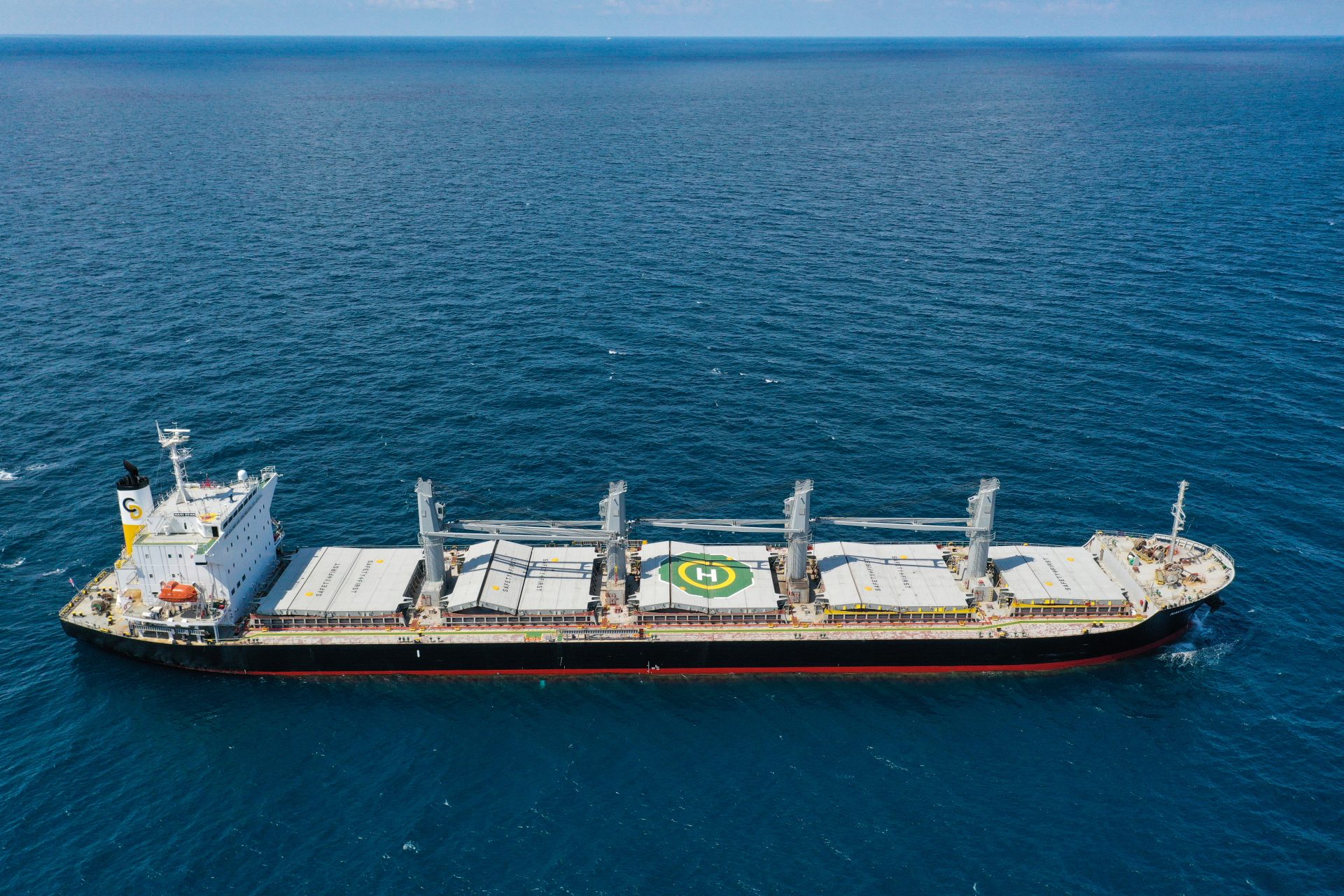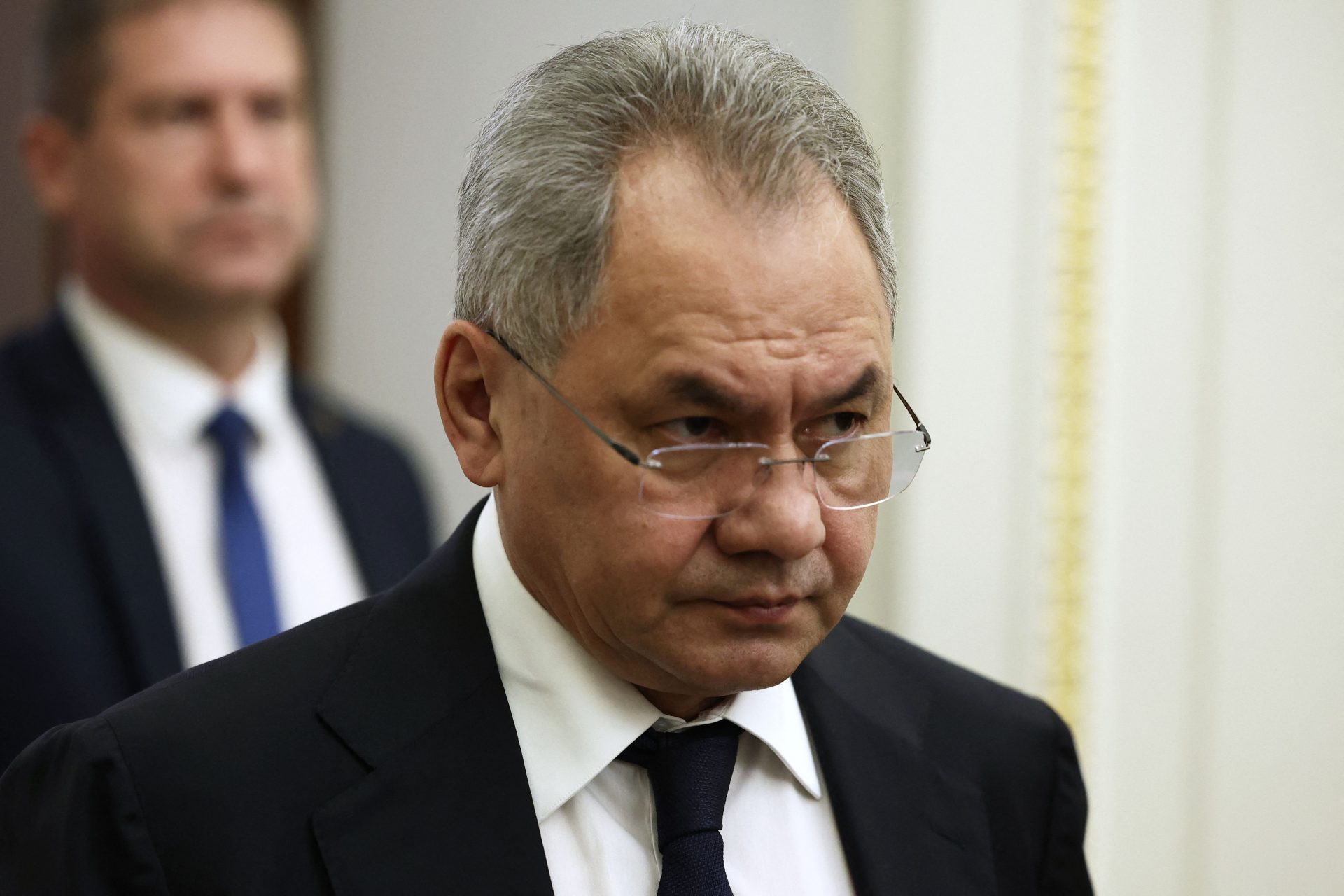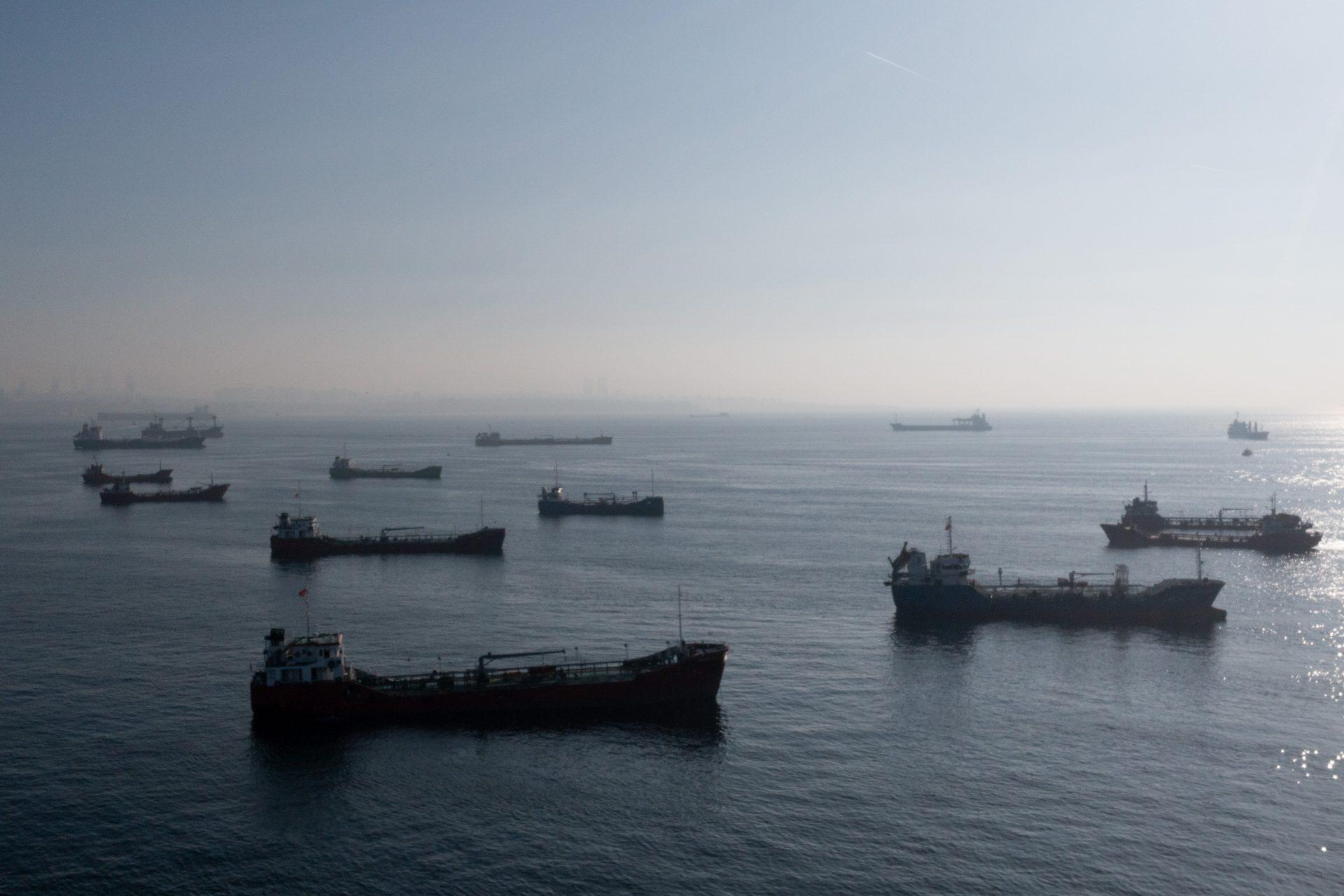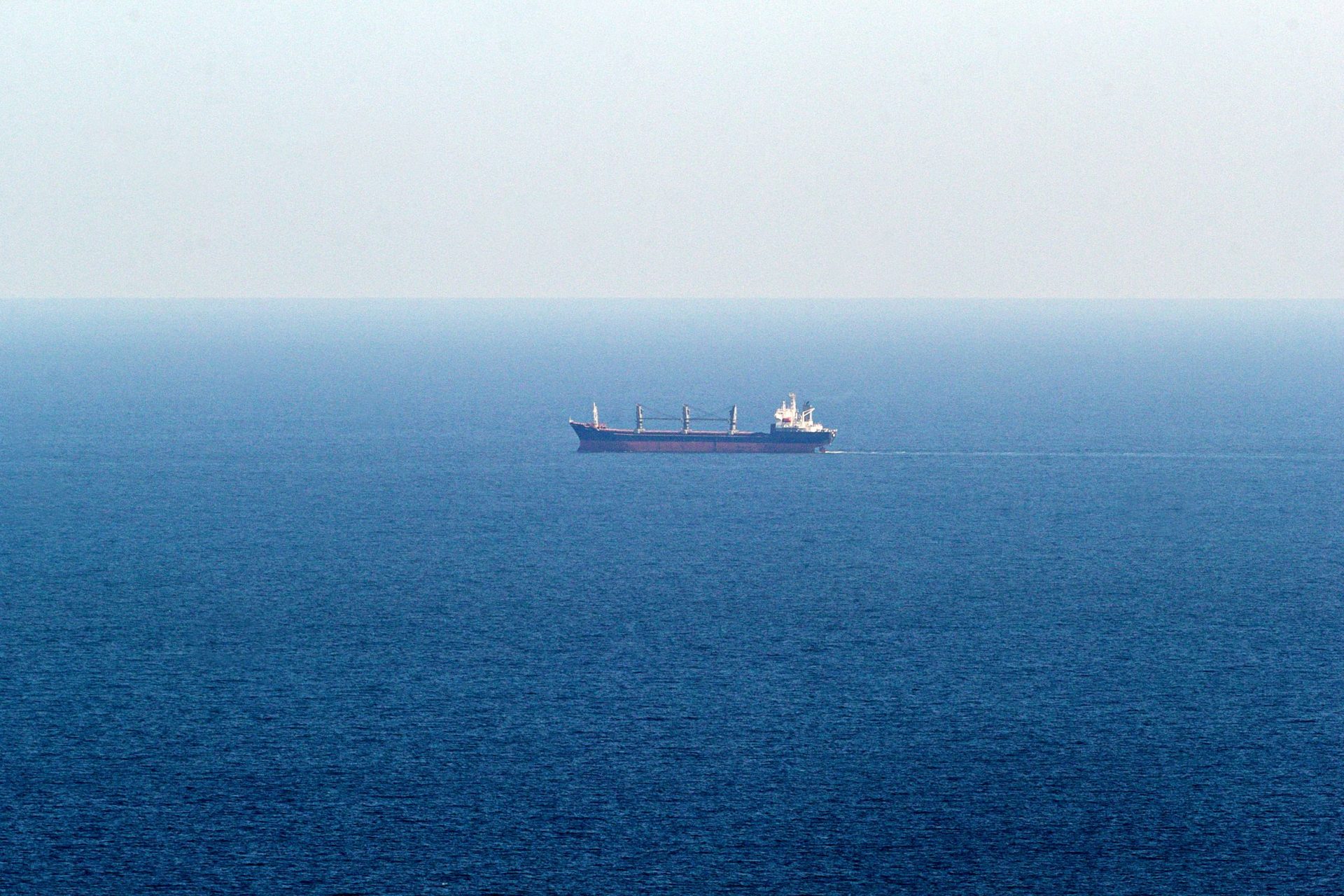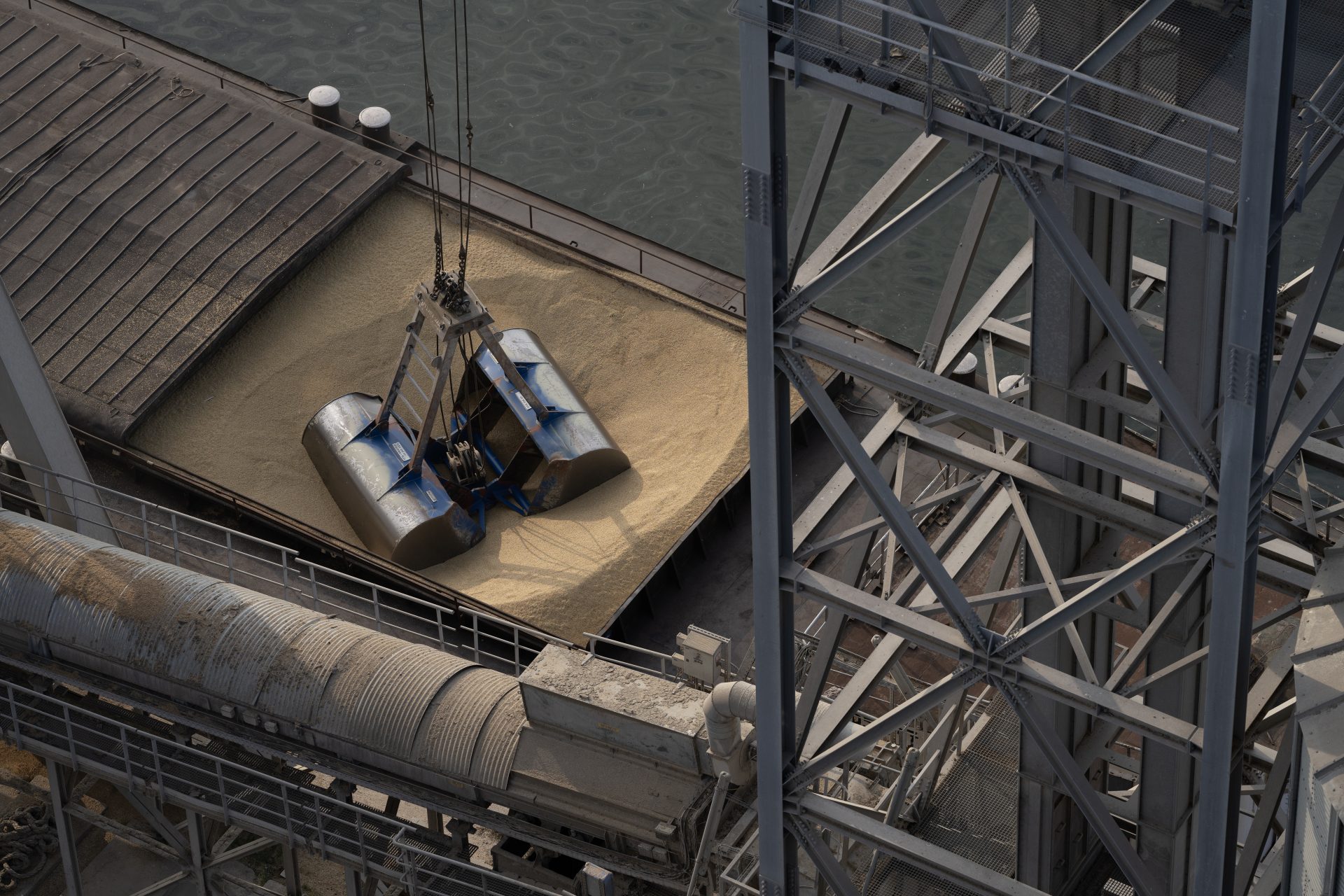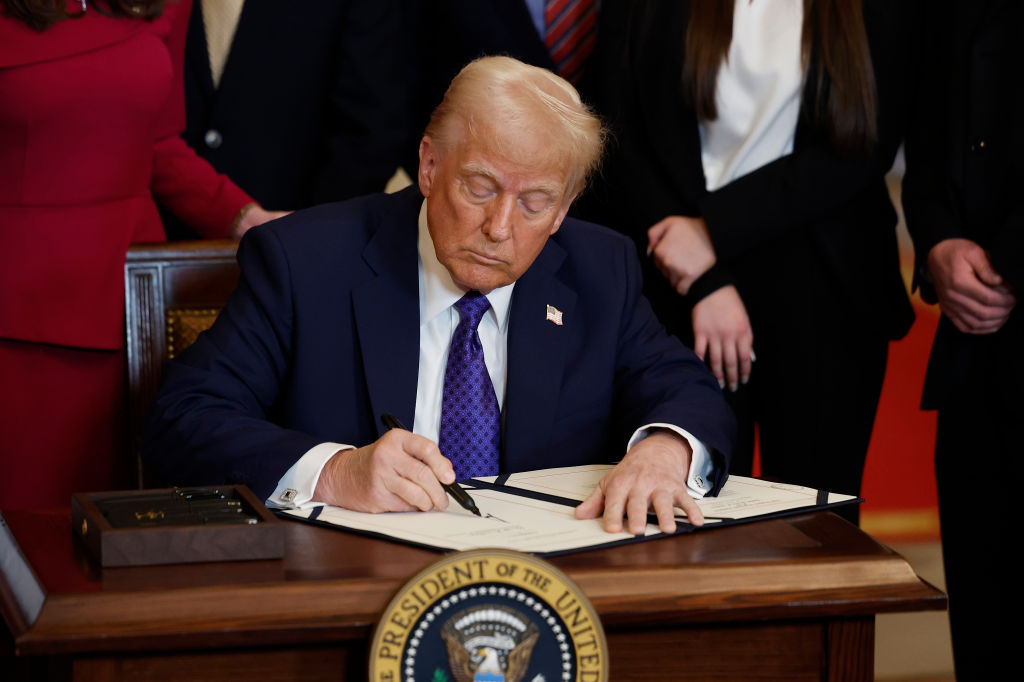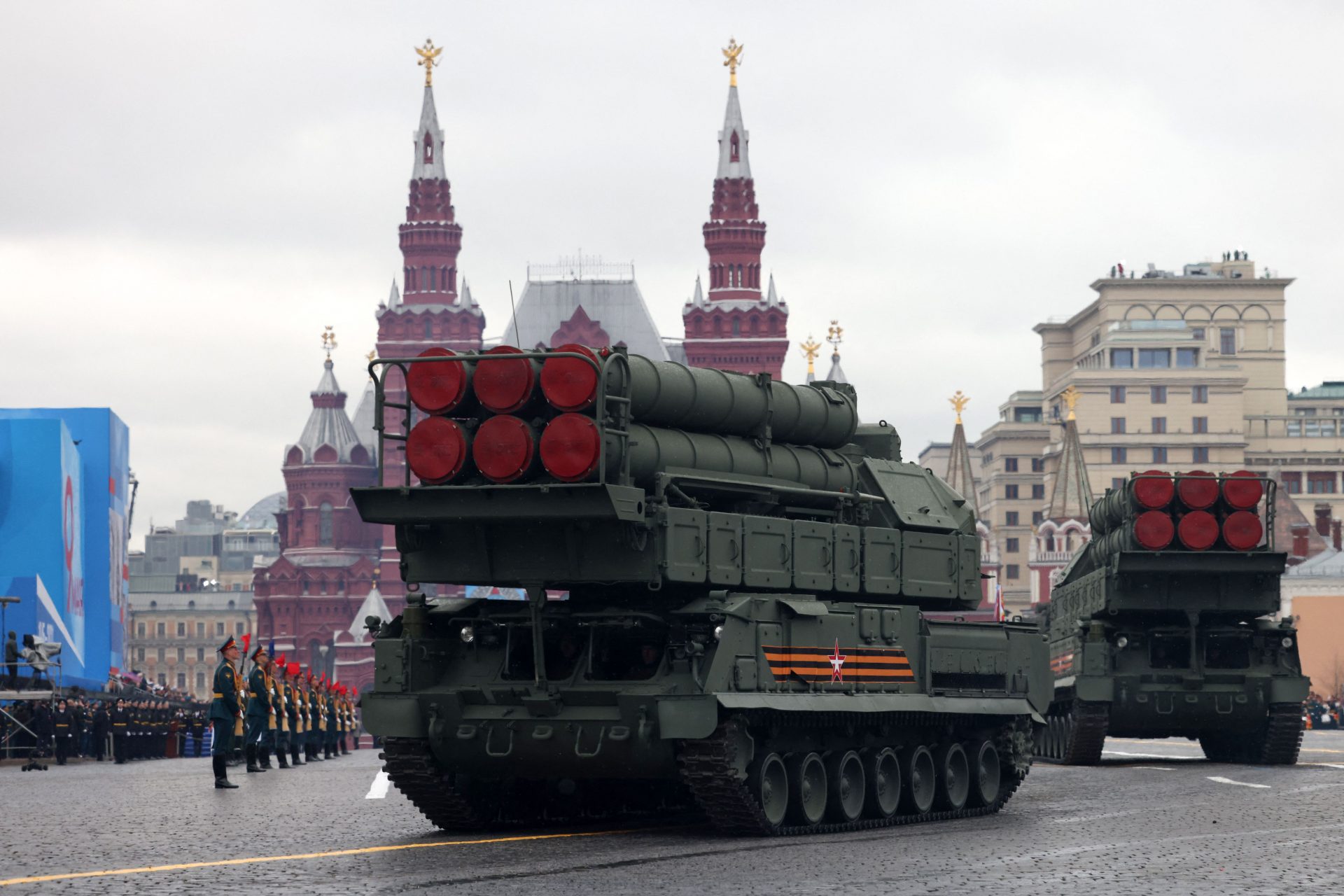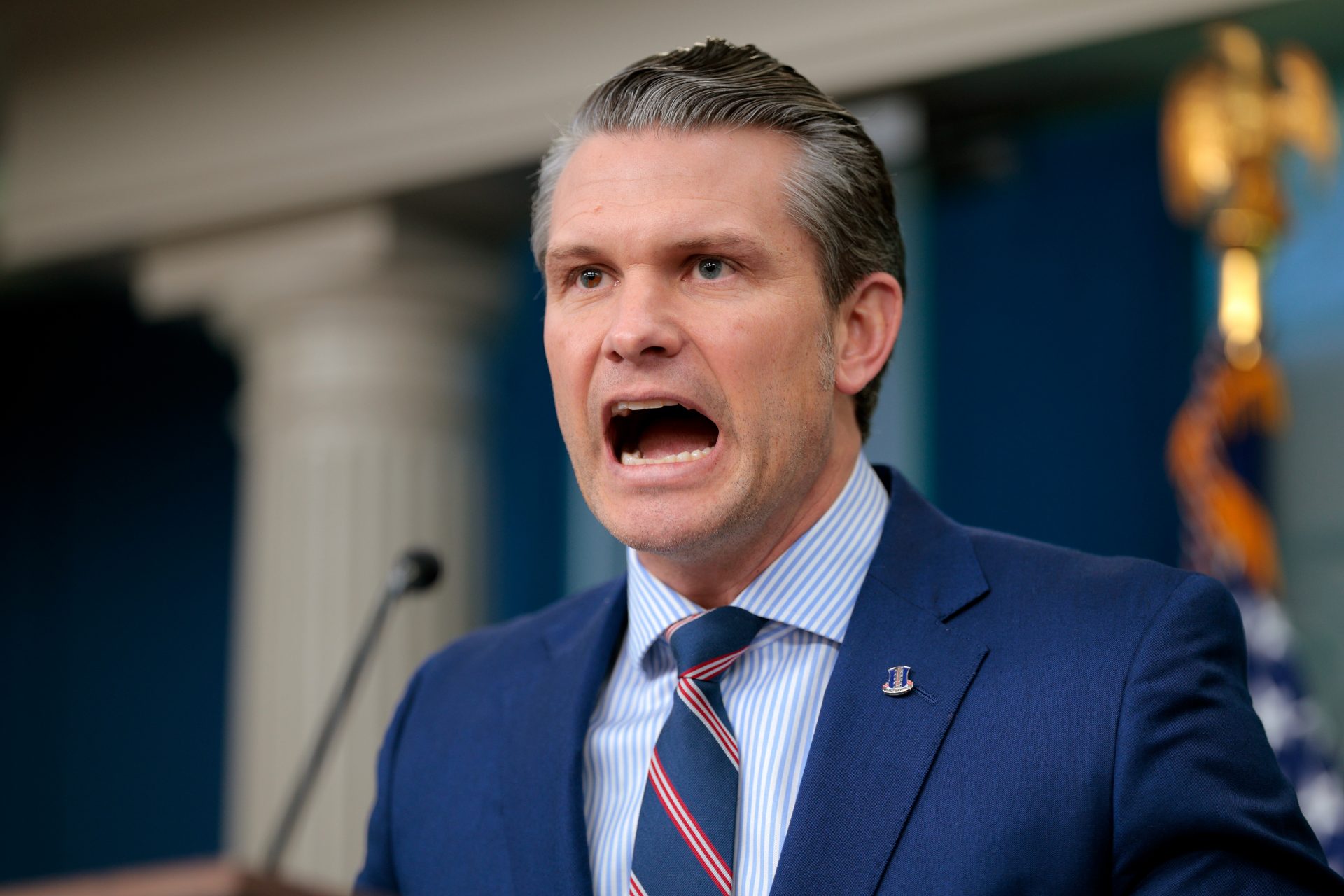Hope returns as Ukraine beats Russia’s Black Sea blockade
The Black Sea Grain Initiative was one of the few successful diplomatic agreements that world leaders were able to wring from Russia since it invaded Ukriane. But when the initiative ultimately failed, it left many worried about a major global famine.
Prior to the war, Ukraine played an important role in global food security and was one of the world’s major exporters. The United States Department of Agriculture listed Ukraine as the seventh-largest wheat producer in 2021/22.
In 2021, Ukraine’s wheat exports were valued at $5 billion dollars and it produced nearly as much corn and barley to make the country the sixth-largest producer of corn and the fourth-largest producer of barley in the global market.
Needless to say, Ukraine provided the world with a lot of food before Russia invaded the country—so much so that the loss of Ukrainian corn, wheat, and barley would have had a lot of consequences for the world’s food security.
In June 2022, a report from the Food and Agriculture Organization of the United Nations and the United Nations World Food Programme estimated that the war in Ukraine would push 47 million into acute food insecurity.
Securing Ukrainian grain exports became a key mission of the United Nations and after a number of negotiations, Turkey’s Recep Tayyip Erdoğan was able to help broker a deal that allowed for the export of Ukraine's grain.
The initiative allowed Kyiv to export its grain via three of the country’s Black Sea ports—Odesa, Chornomorsk, and Pivdennyi—and the ships carrying grain would travel through a humanitarian corridor according to The Guardian.
The grain ships sailing to and from Ukrainian ports were also subject to inspections by teams from the United Nations, Russia, and Turkey and the deal was subject to review by Russia every four, and then two, months.
The Black Sea Grain Initiative was ended by the Kremlin on July 17th, 2023 and Russia announced that it could not guarantee the safety of ships according to a Reuters report. However, Moscow went a step further on July 19th.
Russia’s Defense Ministry issued a statement that explained “all ships proceeding to Ukrainian ports in Black Sea waters will be considered as potential carriers of military cargo” according to a translation from Reuters.
What followed were several attacks on Ukrainian grain facilities in late July and August that damaged three sites. Ports in Ukraine were also targeted, leading to the loss of 270,000 tonnes of grain by August 25th according to ABC News.
Ukraine fought back and was able to ease the blockade from Russia by establishing a humanitarian maritime corridor in early August. The Atlantic Council noted that by October dozens of ships had used the “blockade-breaking route.”
However, more importantly, Ukraine hit Russia back hard with its drone and missile strikes on key Russian naval assets and infrastructure. These attacks culminated in late September when Ukraine struck Russia’s Black Sea Fleet headquarters in Sevastopol.
The British Ministry of Defence reported in a September 26th war update that damage dealt to the Black Sea Fleet wasn’t enough to stop the fleet from fulfilling its “core wartime mission of cruise missile strikes and local security patrols,” but said it the attacks would hinder shipping patrols.
“It is, however, likely that its ability to continue wider regional security patrols and enforce its de facto blockade of Ukrainian ports will be diminished. It also likely has a degraded ability to defend its assets in port and to conduct routine maintenance,” the update read.
Ukraine’s bet on its shipping corridor seemed to have paid off as well according to Bloomberg, which reported that more than 30 ships had called at ports in the greater Odessa area since the humanitarian corridor took effect on September 16th.
“It’s still dangerous and very risky,” Ukragroconsult Director General Sergey Feofilov told Bloomberg. “This new alternative corridor will add to Ukraine’s exports, but how important it will be, let’s see.”
Photo Credit: Twitter @SergeyFeofilov
If the corridor holds, and Moscow doesn’t take any action to stop the ongoing mission to connect Ukraine to the world’s shipping market, then it could prove to be a significant help in reducing the possibility of future global famine.
More for you
Top Stories



